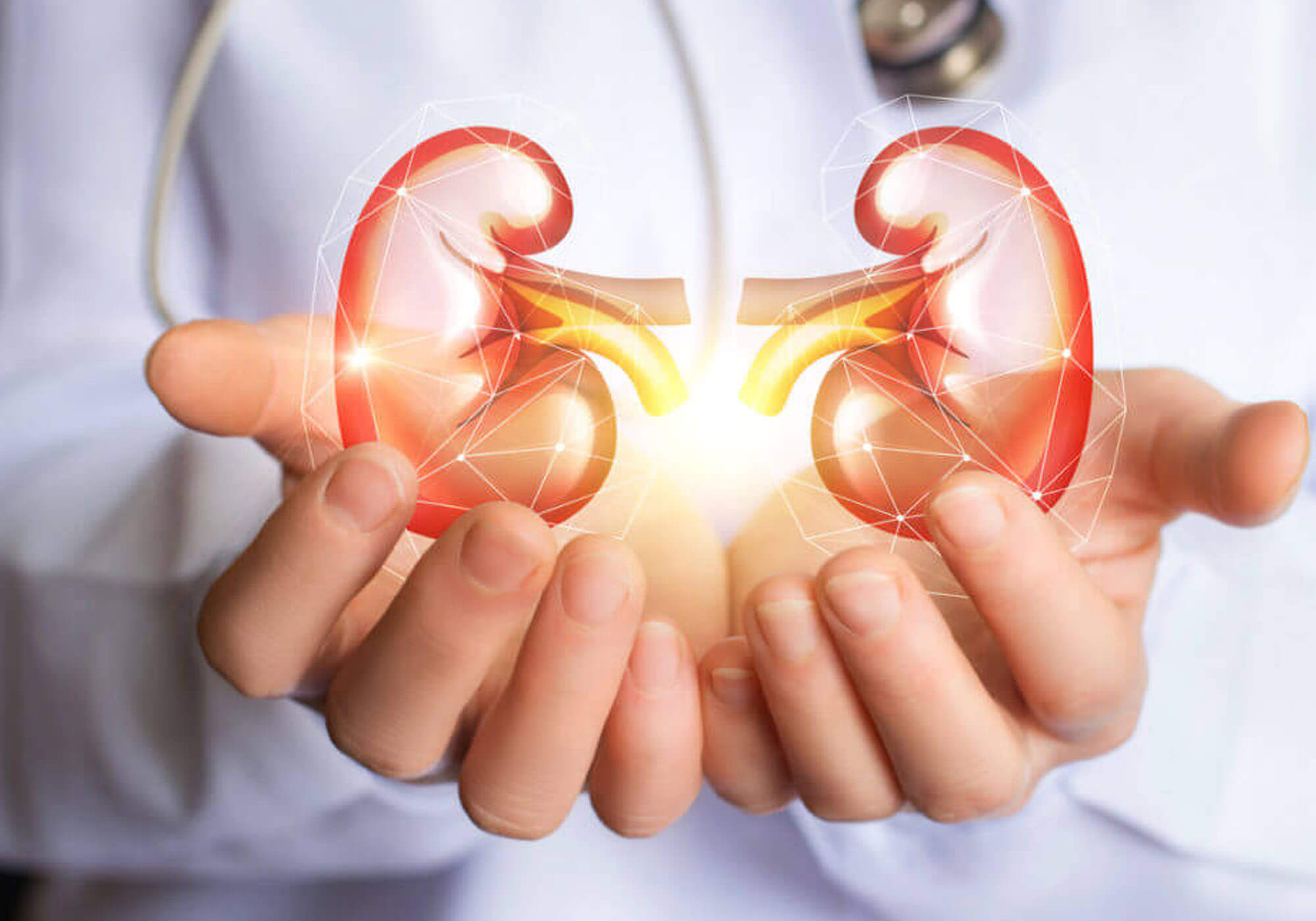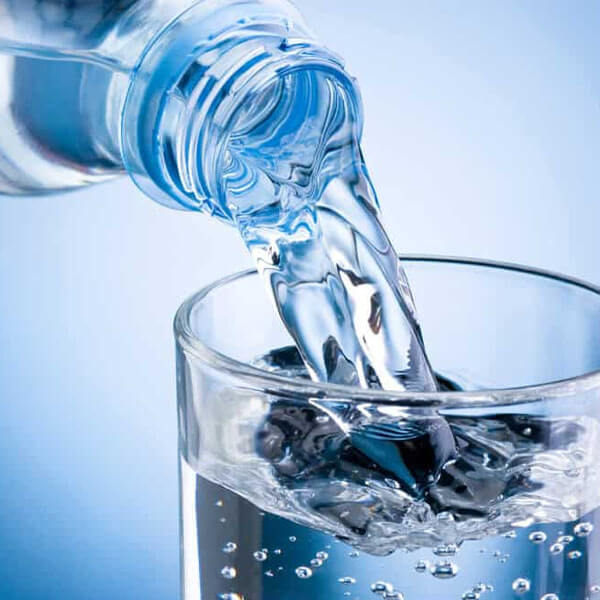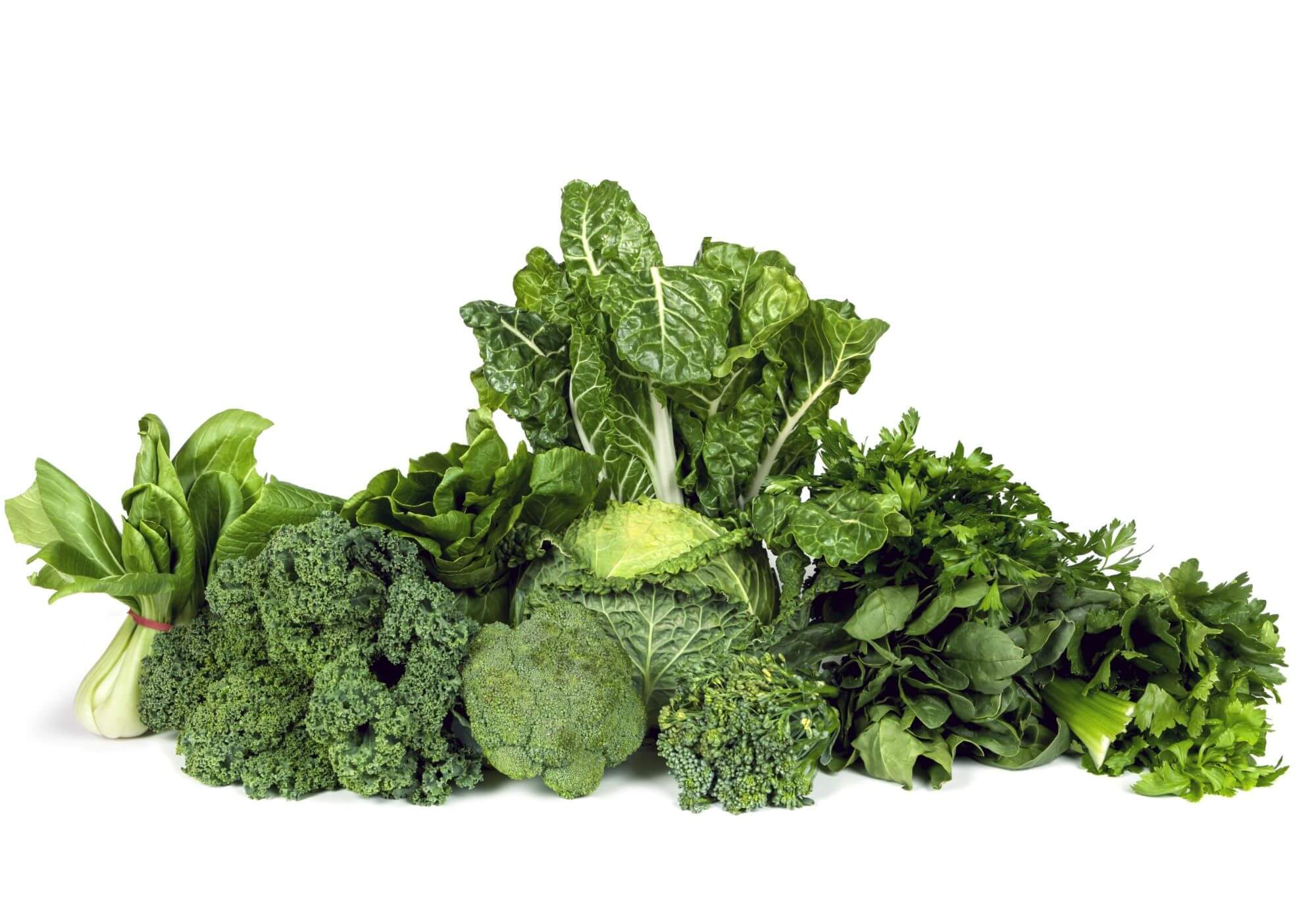How to Keep Your Kidneys Healthy?
Written By - Cade Harrington
on March 11, 2025

Your kidneys workday and night to filter waste, regulate fluid balance, and maintain essential minerals in your body. Despite being such vital organs, they often go unnoticed until a problem arises. Protecting your kidney health is crucial for your overall well-being, and the good news is, it’s not too difficult! With a few simple changes, you can support your kidneys and keep them functioning optimally for years to come. Let’s dive into some practical and effective ways to maintain kidney health.
1. Stay Hydrated – Water is Your Kidney’s Best Friend
Your kidneys rely on an adequate water supply to function properly. Water helps flush toxins and waste products from your body, keeping your kidneys clean and efficient.
Drink Enough Water Daily
You should aim to drink at least 8 glasses of water a day, but your needs may vary based on climate and activity level. Staying hydrated ensures that your kidneys have the fluid they need to process waste effectively. If you frequently experience dark-coloured urine, it could be a sign that you’re not drinking enough water.

Avoid Excessive Sugary Drinks
While staying hydrated is essential, not all fluids are beneficial. Sugary beverages like soda and fruit juices with added sugar can contribute to kidney damage over time. They increase the risk of diabetes and obesity, both of which are linked to kidney disease. Stick to plain water, herbal teas, and natural fruit-infused water instead.
Monitor Your Water Intake with Lifestyle Changes
If you struggle to drink enough water, set reminders on your phone or carry a water bottle with you throughout the day. Eating water-rich foods like cucumbers, watermelon, and oranges can also help you stay hydrated. Proper hydration is an easy yet powerful way to support kidney health.
2. Eat a Kidney-Friendly Diet – Nourish Your Organs from Within
What you eat plays a significant role in maintaining kidney health. A balanced diet full of nutrient-rich foods can prevent kidney-related issues and enhance your overall well-being.
Reduce Sodium Intake
Too much salt can raise blood pressure, putting extra strain on your kidneys. Processed foods, canned goods, and fast foods are loaded with sodium, making it important to read labels and opt for fresh, home-cooked meals instead. Replace salt with herbs and spices for a healthier alternative.
Choose the Right Proteins
While protein is necessary for your body, consuming too much—especially from red meat—can overwork your kidneys. Instead, opt for plant-based proteins like beans, lentils, and nuts. Fish, chicken, and eggs are also excellent lean protein sources that are easier on your kidneys.

Incorporate Kidney-Friendly Foods
Certain foods support kidney function, including berries, leafy greens, apples, garlic, and cauliflower. These foods are rich in antioxidants and essential nutrients that promote kidney health. A well-balanced diet can go a long way in keeping your kidneys in top shape.
3. Keep Your Blood Pressure and Blood Sugar Levels in Check
The main causes of kidney disease are mostly high sugar levels and high blood pressure. Managing these conditions effectively can prevent long-term kidney damage and improve your quality of life.
Monitor Your Blood Pressure Regularly
High blood pressure can damage the small blood vessels in your kidneys, reducing their ability to function properly. You should check your blood pressure regularly and aim to keep it within a healthy range. Reducing salt intake, exercising, and managing stress can help lower blood pressure naturally.

Control Your Blood Sugar Levels
If you have diabetes, keeping your blood sugar levels under control is crucial for kidney health. Elevated blood sugar can cause damage to the kidneys over time. Eating a balanced diet, exercising regularly, and following your doctor’s recommendations can help you manage diabetes effectively.

Maintain a Healthy Lifestyle to Prevent Issues
Even if you don’t have diabetes or high blood pressure, adopting a healthy lifestyle can lower your risk of developing these conditions. Exercise, a nutritious diet, and stress management techniques like yoga or meditation can go a long way in protecting your kidney health.
4. Exercise Regularly – Keep Your Kidneys Active and Strong
Physical activity doesn’t just benefit your heart and muscles—it also helps maintain good kidney health. Staying active supports circulation and reduces the risk of conditions that harm the kidneys.
Engage in Moderate Exercise
You don’t need to hit the gym every day to keep your kidneys healthy. Moderate activities like walking, cycling, swimming, or even dancing can boost circulation and kidney function. It is necessary to do exercise daily atleast for 30 minutes as much as days you can in a week.
Maintain a Healthy Weight
Being overweight increases the risk of diabetes and high blood pressure, both of which negatively impact kidney health. Regular exercise combined with a balanced diet can help you maintain a healthy weight and reduce the strain on your kidneys.

Avoid Overexertion and Listen to Your Body
While exercise is beneficial, overexertion can put stress on your body, including your kidneys. Stay hydrated during workouts, avoid extreme physical strain, and give your body time to recover. Consistent, moderate activity is the key to long-term kidney health.
5. Avoid Overuse of Medications and Toxins
Many people don’t realize that certain medications and environmental toxins can harm their kidneys. Being mindful of what you consume can help prevent unnecessary kidney damage.
Limit Over-the-Counter Painkillers
Frequent use of pain relievers like ibuprofen and aspirin can damage your kidneys over time. If you need pain relief, try natural remedies like stretching, heat therapy, or consulting a doctor for safer alternatives.

Reduce Exposure to Harmful Chemicals
Household cleaners, pesticides, and even some beauty products contain chemicals that can be harmful to your kidneys. Opt for natural or organic alternatives whenever possible, and always use these products in well-ventilated areas.
Avoid Excessive Alcohol and Smoking
Both smoking and excessive alcohol consumption increase the risk of kidney disease. Smoking reduces blood flow to the kidneys, while alcohol dehydrates your body and impairs kidney function. Cutting back or quitting these habits can significantly improve your kidney health.
6. Get Regular Kidney Checkups – Prevention is Better Than Cure
Routine kidney screenings can help detect problems early and prevent severe kidney disease. Prioritizing checkups ensures that you stay on top of your kidney health.

Schedule Regular Health Checkups
Even if you feel perfectly healthy, annual checkups help detect potential kidney issues before they become serious. If you have a family history of kidney disease or diabetes, it’s even more important to get tested regularly.
Watch for Warning Signs
Symptoms like swelling in your legs, persistent fatigue, changes in urine color, or unexplained weight loss could be signs of kidney problems. Don’t ignore these warning signs—consult a healthcare professional if you experience any of them.
Follow Your Doctor’s Advice
If you’re at risk for kidney disease or have an existing condition, following medical recommendations is crucial. Your doctor may suggest lifestyle changes, medications, or specific dietary guidelines to support kidney function and overall health.
7. Prioritize Quality Sleep – Give Your Kidneys Time to Recover
Your kidneys, like the rest of your body, need adequate rest to function optimally. Sleep is essential for cellular repair, hormone regulation, and reducing overall stress, all of which contribute to kidney health.
Aim for 7-9 Hours of Sleep Nightly
Lack of sleep can lead to high blood pressure, stress, and an increased risk of kidney disease. Your body performs critical maintenance functions while you sleep, ensuring toxins are processed efficiently. Establish a bedtime routine and create a sleep-friendly environment to improve your rest quality.

Avoid Sleep Disruptors
Drinking caffeine late in the day, using screens before bedtime, or consuming heavy meals before sleep can interfere with your rest. Reducing these habits can improve your sleep cycle, allowing your kidneys to function without unnecessary strain.
Manage Sleep Disorders for Better Kidney Health
Conditions like sleep apnea can negatively impact kidney function by increasing blood pressure and stress hormones. If you experience excessive snoring, daytime fatigue, or frequent waking at night, consult a doctor for proper diagnosis and management.
Final Thoughts
Your kidneys work hard for you every day, so why not give them the care they deserve? By staying hydrated, eating a kidney-friendly diet, managing blood pressure, exercising, avoiding harmful substances, and getting regular checkups, you can maintain healthy kidneys for a lifetime. Small changes can make a big difference, so start prioritizing your kidney health today!
More Blogs













